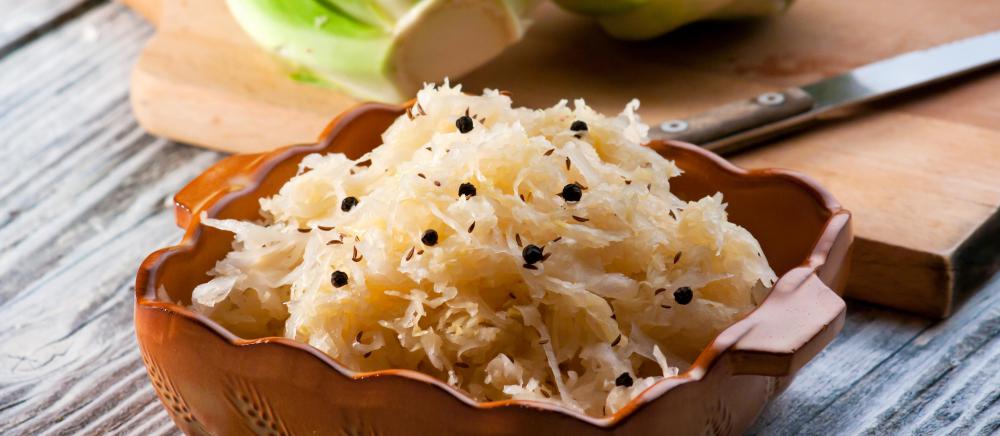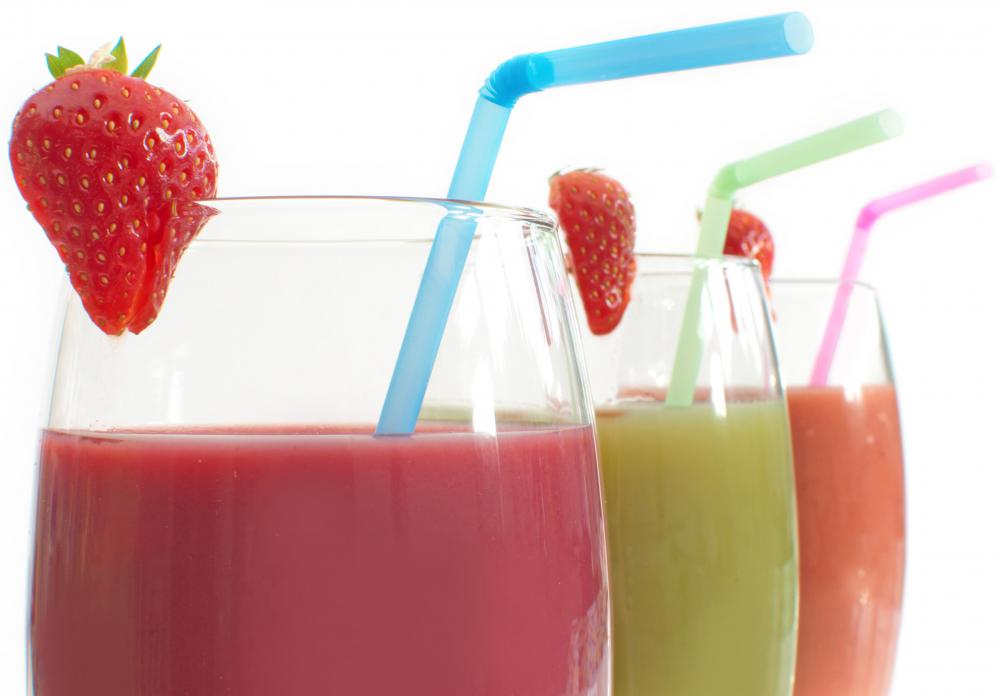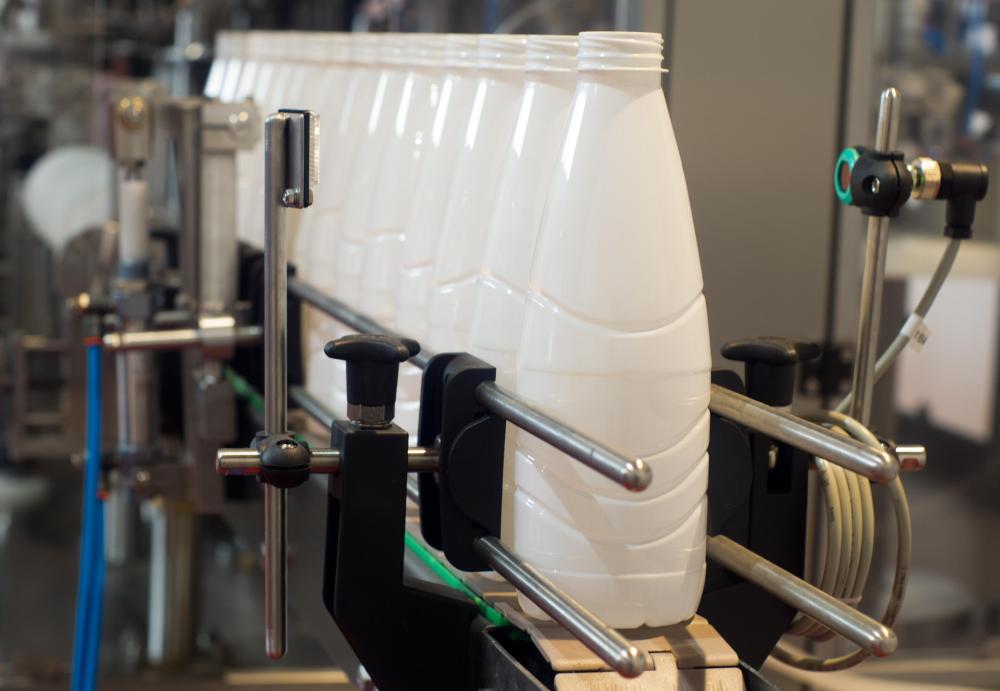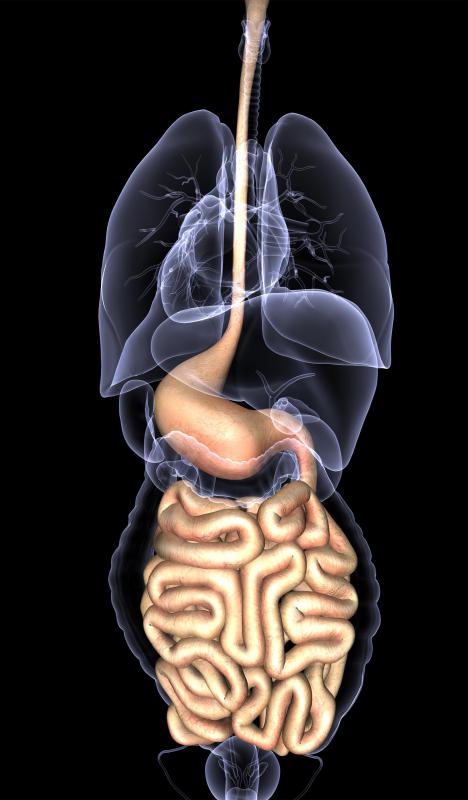At TheHealthBoard, we're committed to delivering accurate, trustworthy information. Our expert-authored content is rigorously fact-checked and sourced from credible authorities. Discover how we uphold the highest standards in providing you with reliable knowledge.
What are the Best Probiotic Foods?
Some of the best probiotic foods are considered to be yogurt, buttermilk, and fermented cabbage. Probiotic foods are foods that contain types of live bacteria, such as Lactobacillus acidophilus and Lactobacillus bulgaricus. Priobiotic bacteria are believed to help promote good digestion and overall good health.
Dairy products such as buttermilk and yogurt are rich in probiotics. Other possible dairy sources for probiotics include cottage cheese and cheeses that are made from yogurt. In addition, some food manufacturers make cheese snacks that have been enhanced with probiotic bacteria. Not all yogurt and cheese products contain live bacteria, and the packaging should be labeled accordingly.

Probiotic foods that are simple to add to your diet include a fermented powder called kefir. Kefir grains can be mixed with milk to make smoothies and other drinks. It should ideally be mixed with milk and allowed to ferment for at least a day. The result is sour-tasting milk, somewhat like buttermilk.
Fermentation is a process that is primarily used to preserve foods. There are typically two different ways to achieve fermentation. Fermentation done with vinegar is more popular with commercial food manufacturers because the process can be more easily controlled. For the fermenting process to result in live bacteria, it requires acid fermentation, which is typically achieved by allowing the foods to reach a certain level of decay. When purchasing foods for their probiotic benefit, it is probably a good idea to be sure the label says it contains live bacteria.

The bacteria found in probiotic foods are considered “good” bacteria, and they help destroy the types of bacteria that cause food to spoil. When fermented foods are consumed, the “good” bacteria work in much the same way in the human digestive tract. They will help destroy types of bacteria that are harmful, such as those that lead to diarrhea and upset stomach. Some fermented probiotic foods that can easily be included in diets are ketchup, mustard and sauerkraut.

Some people choose to enhance their diets with probiotics foods by fermenting their own vegetables and fruit. This can be done by washing and cutting the food into small pieces, then pounding it a bit to release juices. The food should then be salted and transferred to a well-sealed container, and refrigerated for about four days. Most foods will ferment within that time frame, though the higher the fiber content, the longer it may take for it to ferment.
AS FEATURED ON:
AS FEATURED ON:



















Discussion Comments
In 1987 I had a lot of antibiotics after surgery and developed yeast infection that I couldn't get rid of for good. After all else failed, my doctor suggested I have 1 cup of yogurt daily. I have done that ever since and have stayed free of yeast.
I always check to make sure I am getting yogurt with live and active cultures. I didn't realize the plain was so much better for me because of the high content of sugar in the other.
@dfoster85 - Probiotic yogurt does have a lot of advantages, but you have to be careful what you buy. Commercial brands often have a lot of added sugar. ("Light" brands often have *both* high fructose corn syrup and artificial sweetener! Gross!)
The big problem with adding sugar to yogurt is that it works to defeat your purpose - a diet high in sugar and other refined carbs actually encourages the growth of yeast. (So does using a lubricant with glycerin, so women prone to yeast infection should seek out a glycerin-free variety).
The solution is to buy plain yogurt by the tub - you can get fat-free, low fat, or whole milk if you want it really creamy - and add your own flavorings. That way, you can control the amount of sugar. (A little all-natural jam stirred in is delicious.) It will taste tangier than commercially sweetened yogurt.
You can also make your own yogurt, and it's easier than people think! Basically, you start with yogurt or commercial starter and use that to ferment your own milk.
One of the big benefits of probiotics is that they may prevent yeast infections! Health "down there" depends on a fairly delicate balance of "good" and "bad" flora (yes, my doctor once used that word to describe it - not everything is bacteria).
Eating yogurt (and it has to be kind of a lot - like a cup a day) seems to help keep yeast infections at bay. If you are prone to them or are going to be going on antibiotics (which can encourage yeast by killing off your good bacteria), it's definitely something to consider.
Post your comments